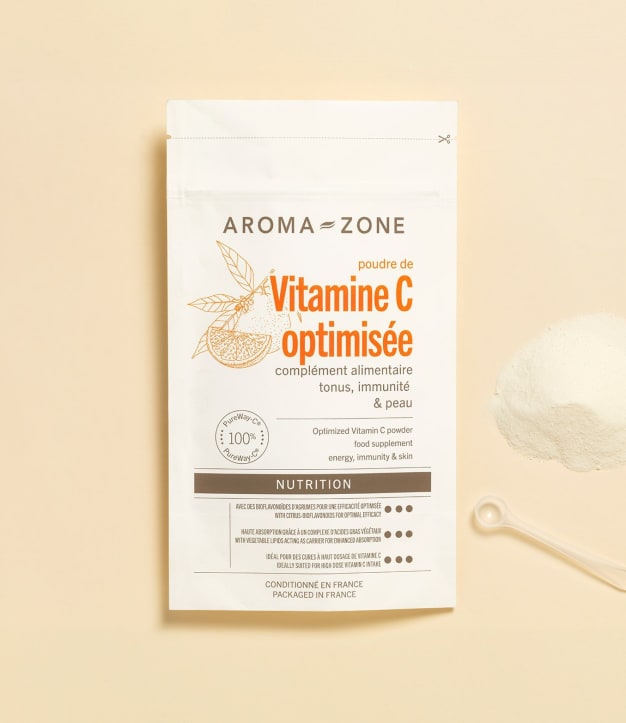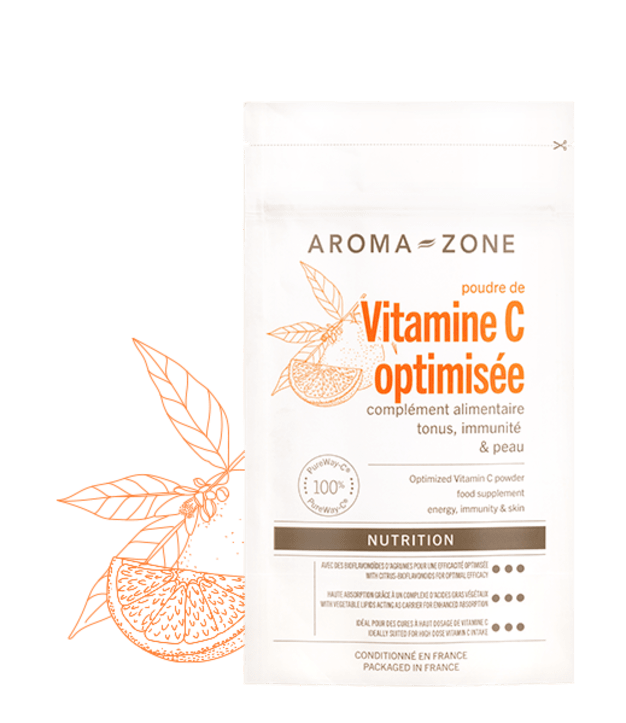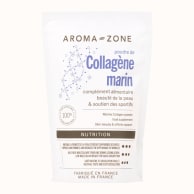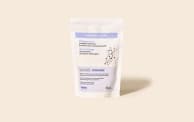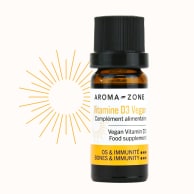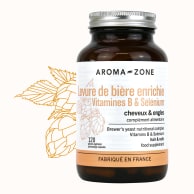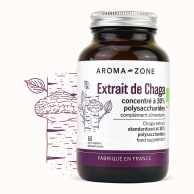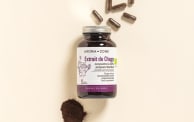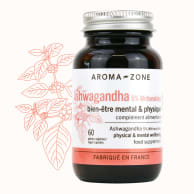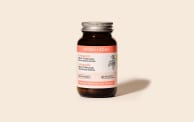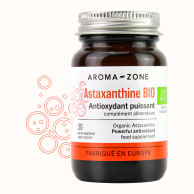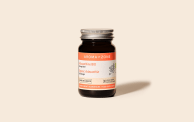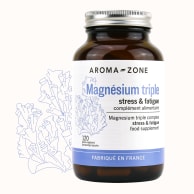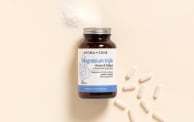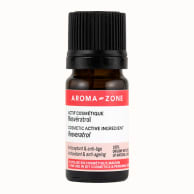Vitamin C, or ascorbic acid, plays an important role in many physiological processes in the body. In particular, it is involved in the natural synthesis of collagen in our connective tissues, helping to maintain the structure of our skin, gums and bone.
Vitamin C also plays a protective role thanks to its powerful antioxidant effects: it helps combat oxidative stress caused by free radicals, which are involved in the ageing of our tissues. These free radicals form naturally in the body, particularly during the process of oxidising carbohydrates and lipids in our cells to produce energy, and their presence is necessary for many physiological mechanisms. Our bodies have defences in place to prevent these free radicals from causing damage, including antioxidant enzymes and various antioxidants provided by our diet. However, in certain situations, oxidative stress can become excessive, increasing the need for antioxidants. Exposure to UV rays, smoking, pollution, chronic stress and intense physical exercise all generate free radicals in our bodies.
Thanks to its antioxidant effects and its benefits for collagen synthesis, vitamin C is an essential vitamin for combating the signs of ageing, preventing skin slackening and reducing the formation of pigmentation spots.
Vitamin C is also a prime ally in the recovery process for athletes: it helps combat the oxidative stress generated by exercise, supports healthy collagen synthesis in the joints and cartilage, boosts immunity which can be weakened by intense exercise, and helps maintain energy levels in the body.
The effects of vitamin C on immunity are also well known: it is therefore recommended as a course of treatment from the start of winter, but can also be taken at any time of the year, particularly during periods of stress when the body's natural defences may be weakened.
Widely reputed to be the vitamin that boosts energy and vitality, vitamin C is also ideal for temporary fatigue, thanks to its effect on energy metabolism.
Which foods are richest in vitamin C?
Vitamin C is found in many fresh fruits and vegetables. Among the best sources of vitamin C are kiwi fruit, peppers, blackcurrants, parsley, citrus fruit and raw cabbage. Vitamin C is also found in significant quantities in superfoods such as Acerola powder and Baobab fruit pulp.
Taking a food supplement such as Optimised Vitamin C Powder will provide a higher, measured dose of vitamin C to supplement your diet at times when your body needs a boost.

